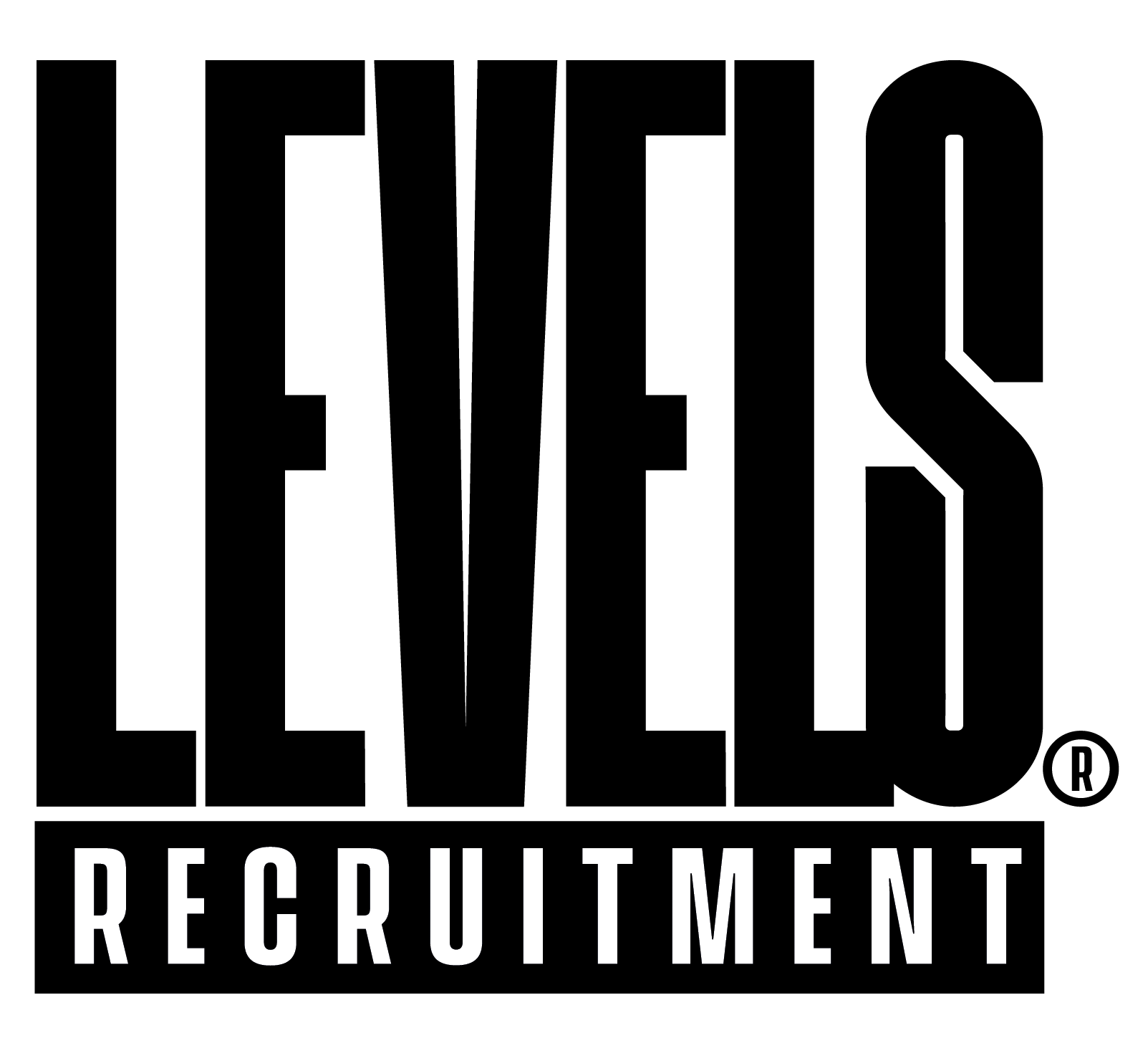The Journey of Self-Development: A Comprehensive Exploration of Personal and Professional Growth
January arrives, and with it, the familiar pressure to set and achieve goals. But here’s a refreshing perspective—success isn’t confined to immediate goals. A long-term self-development strategy stands as a more efficient and achievable path. Today, let’s delve into the realm of self-development, offering you a compass to navigate the expansive terrain of personal and professional growth. Understanding the Essence of Self-Development At its core, self-development is not just a process but a conscious commitment to self-improvement. It represents a deliberate and continuous effort to explore, evolve, and unlock one’s inherent potential. More than a mere catchphrase, self-development is the foundation upon which a life of fulfilment and achievement is built. Decoding the Significance of Self-Development Self-development is a relentless pursuit of becoming the best version of oneself. It encompasses a dynamic journey of personal growth, learning, and improvement across various dimensions—physical, mental, emotional, and intellectual. This journey is not about reaching a destination but about embracing a way of life that is not only more fulfilling but also remarkably successful. The Three Pillars of Self-Development Personal Growth: Central to the concept of self-development is personal growth—a profound exploration into emotional intelligence, self-awareness, and self-esteem. This pillar constitutes a deliberate effort to understand oneself at a deeper level and actively take steps toward personal improvement. Learning and Development: Another vital aspect of self-development lies in continual learning and growth. This pillar involves acquiring new knowledge and skills through education, training, and personal experiences. It is an ongoing process aimed at expanding one’s intellectual horizons and refining existing skills. Goal setting: Goal setting forms the third pillar, emphasising the importance of setting specific, measurable, achievable, relevant, and time-bound (SMART) goals. This strategic approach provides direction and motivation, ensuring that efforts are channelled toward areas that require improvement and align with broader aspirations. Examples of Self-Development Skills Effective Communication Skills: The mastery of effective communication, encompassing articulate expression and active listening, fosters strong relationships, bolsters confidence, and enhances career prospects. Problem-Solving Skills: The ability to identify challenges, analyse them critically, and formulate effective solutions contributes to resilience, creativity, and resourcefulness—key elements in navigating life’s complexities. Time Management Skills: Efficiently managing time is crucial for achieving goals and maintaining a healthy work-life balance. This skill involves prioritising tasks, efficient time allocation, and avoiding procrastination. Adaptability Skills: The capacity to adapt to change and uncertainty is indispensable for personal and professional success. Cultivating adaptability fosters flexibility, open-mindedness, and resilience in the face of evolving circumstances. The Continuous Process of Self-Development Self-development is not a one-time event but a continuous journey marked by self-awareness, self-reflection, and an unwavering commitment to improvement. It’s an ongoing process that adapts to the evolving needs of one’s life, both personally and professionally. The Key Steps to Self-Development Self-Assessment: Embark on the self-development journey with an honest and thorough self-assessment. Utilise tools such as personality tests, self-assessment questionnaires, and feedback from others to gain a comprehensive understanding of your strengths, weaknesses, values, beliefs, and personality traits. Goal Setting: With a clearer understanding of yourself, set goals that are specific, measurable, achievable, relevant, and time-bound (SMART). These goals act as guiding stars, providing direction and purpose to your journey. Continuous Learning: Self-development demands continuous learning. Seek opportunities for acquiring new knowledge, skills, and experiences through formal education, training programs, workshops, reading, and networking. Embrace new ideas and perspectives, and be open to change. Self-Reflection: Allocate time for self-reflection—a crucial component of self-development. Reflecting on your experiences, thoughts, and feelings provides valuable insights into your behaviour, emotions, and motivations. Techniques such as journaling, meditation, and mindfulness can aid in this introspective process. Why Personal Self-Development is Crucial for Your Career The symbiotic relationship between personal self-development and professional success is undeniable. Here’s why investing in your personal growth profoundly impacts your career trajectory: Enhanced Leadership Skills: Personal self-development fosters the cultivation of leadership skills. As you become more self-aware and emotionally intelligent, your ability to lead, inspire, and influence others is significantly heightened. Strong leaders often emerge from a foundation of continuous personal growth. Improved Communication and Interpersonal Skills: Effective communication and interpersonal skills are integral to success in any professional setting. Personal self-development, with its emphasis on communication mastery and emotional intelligence, equips you with the tools to navigate complex workplace dynamics, build strong relationships, and collaborate seamlessly with colleagues. Increased Resilience and Adaptability: The modern professional landscape is characterised by rapid change and uncertainty. Personal self-development instils resilience and adaptability, enabling you to navigate challenges with grace. The ability to embrace change and view obstacles as opportunities for growth becomes a cornerstone of your professional resilience. Elevated Confidence and Self-Efficacy: A commitment to personal self-development invariably leads to increased confidence and self-efficacy. As you achieve personal milestones and witness your own growth, this confidence spills over into your professional endeavours. Confidence is not just a by-product; it becomes a driving force in pursuing and achieving career goals. Strategic Goal Setting and Time Management: The practice of setting strategic goals, a core element of personal self-development, seamlessly translates into the professional realm. Professionals who can articulate clear objectives, prioritise effectively, and manage their time efficiently are better positioned for success. Goal-oriented individuals often find themselves achieving remarkable milestones in their careers. Continuous Learning and Adaptation: In an era where industries evolve rapidly, the commitment to continuous learning becomes a career superpower. Personal self-development nurtures a mindset of curiosity and adaptability, fostering a proactive approach to staying abreast of industry trends and acquiring new skills. This adaptability becomes a key differentiator in a competitive professional landscape. How Levels Recruitment Aligns with Your Self-Development Journey As you embark on your self-development journey, consider the role that Levels Recruitment can play in elevating your career. Our approach aligns seamlessly with your personal growth aspirations, offering a structured path for professional development. Assessment of Current Position: Understanding your current standing in the professional landscape is crucial. Levels Recruitment assists you in assessing your current position, providing valuable feedback and insights to inform your self-development


